
Volunteers remove tree branches and garbage from Yongan Creek in Taizhou, Zhejiang province, on Sunday, ahead of World Water Day on Tuesday. (WANG HUABIN/FOR CHINA DAILY)
The area around Beijing has made marked progress in addressing groundwater depletion, with significant recovery of underground water levels and rejuvenation of dried-up water bodies, the Ministry of Water Resources said.
In the three years to the end of last year, the level of shallow groundwater in the Beijing-Tianjin-Hebei province cluster rose by 1.89 meters, according to a news release issued by the ministry ahead of World Water Day on Tuesday. The national capital experienced a greater rise of 5.67 meters, it said.
The ministry said the rise in confined groundwater in the cluster averaged 4.65 meters.
Almost 8 billion cubic meters of water has been recharged underground as authorities endeavored to supplement water to rivers and lakes, it said.
Following those efforts, it said many water bodies that had dried up due to overexploitation of groundwater resources have been rejuvenated.
Last year, almost 8.5 billion cubic meters of water was supplemented to water bodies in the cluster, it said. Five major rivers that went partly or completely empty in the region, including the Yongding and Chaobai rivers, saw water throughout their courses again.
Before last year, the Chaobai River had been partly dried up for 22 straight years, Pan Anjun, the head of Beijing's Municipal Water Resources Department, told Xinhua News Agency.
Thanks to the South-North Water Diversion Project, which diverts water from the Yangtze River Basin to the cluster and some nearby drought-prone areas, "the imbalance between water demand and supply has been preliminarily relieved in Beijing," he said.
Against that backdrop, the capital has given high priority to conserving water, he said, with total water consumption for production and daily life in Beijing kept below 3 billion cubic meters.
The capital has also been making efforts to recharge groundwater via mining pits, flood detention basins and river courses as it endeavors to beef up the utilization of floodwater and reclaimed water, he added.
Aside from rising groundwater levels, he said ongoing efforts in the capital to address groundwater depletion have also contributed to the conservation of aquatic biodiversity.
Beijing has seen varieties of phytoplankton increase from 210 to 447, and varieties of zooplankton almost triple to 304, he said.
Even though groundwater depletion in North China has taken a turn for the better, the Ministry of Water Resources warned of a generally grim groundwater overexploitation situation in the country.
"The overexploitation of groundwater resources has been more and more outstanding a problem in some regions," it said.
By borrowing experiences from North China, the ministry will hammer out plans to address groundwater overexploitation in 11 key regions, including the Sanjiang and Songnen plains in Northeast China, it said, adding that the plans will include specific targets, tasks and measures.








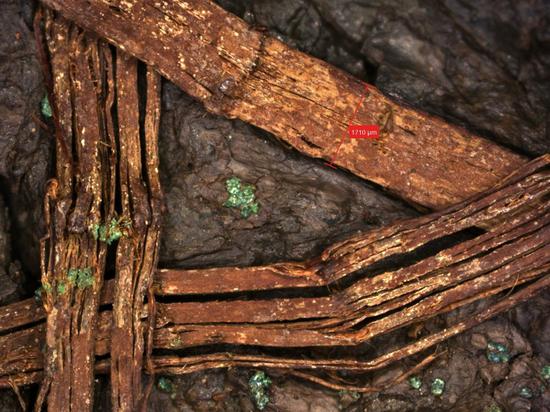










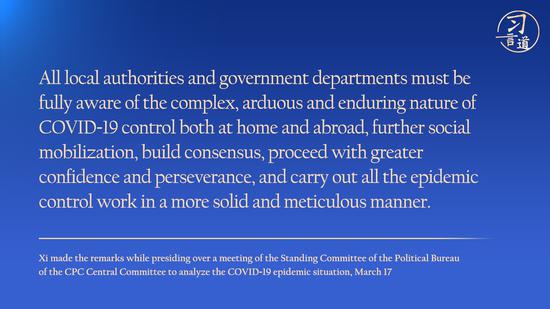





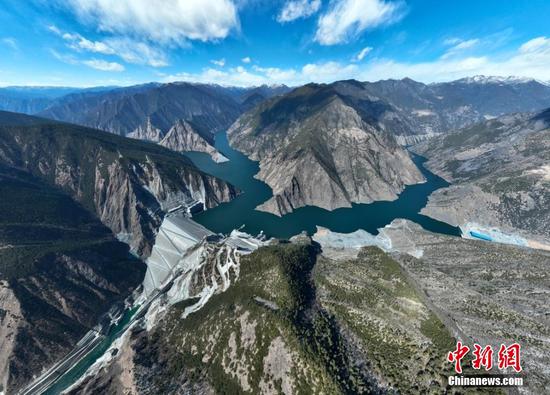



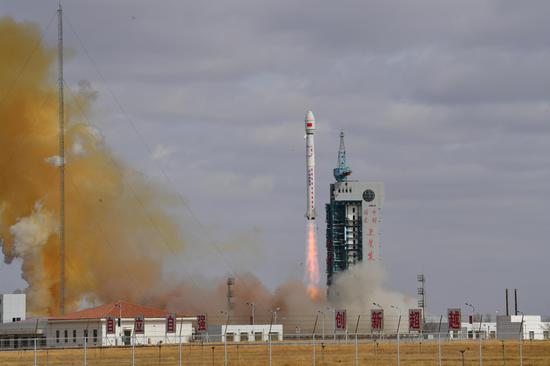





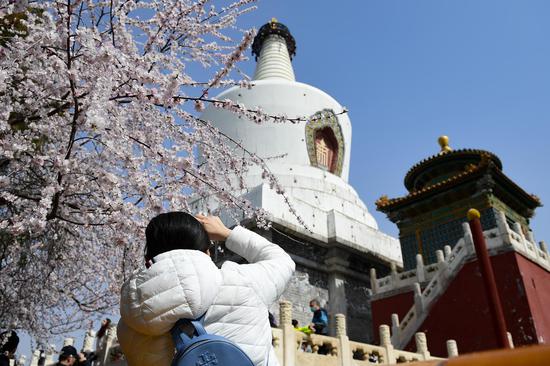

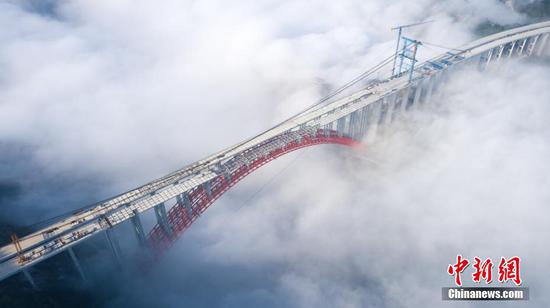




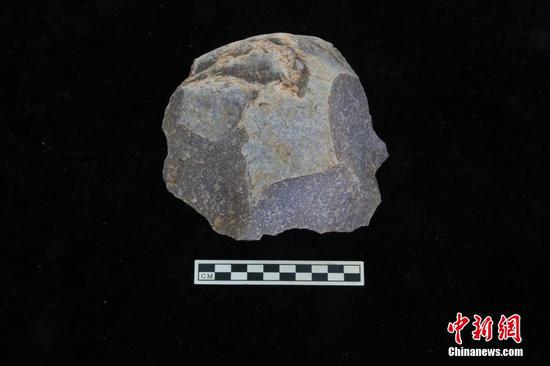







 京公网安备 11010202009201号
京公网安备 11010202009201号